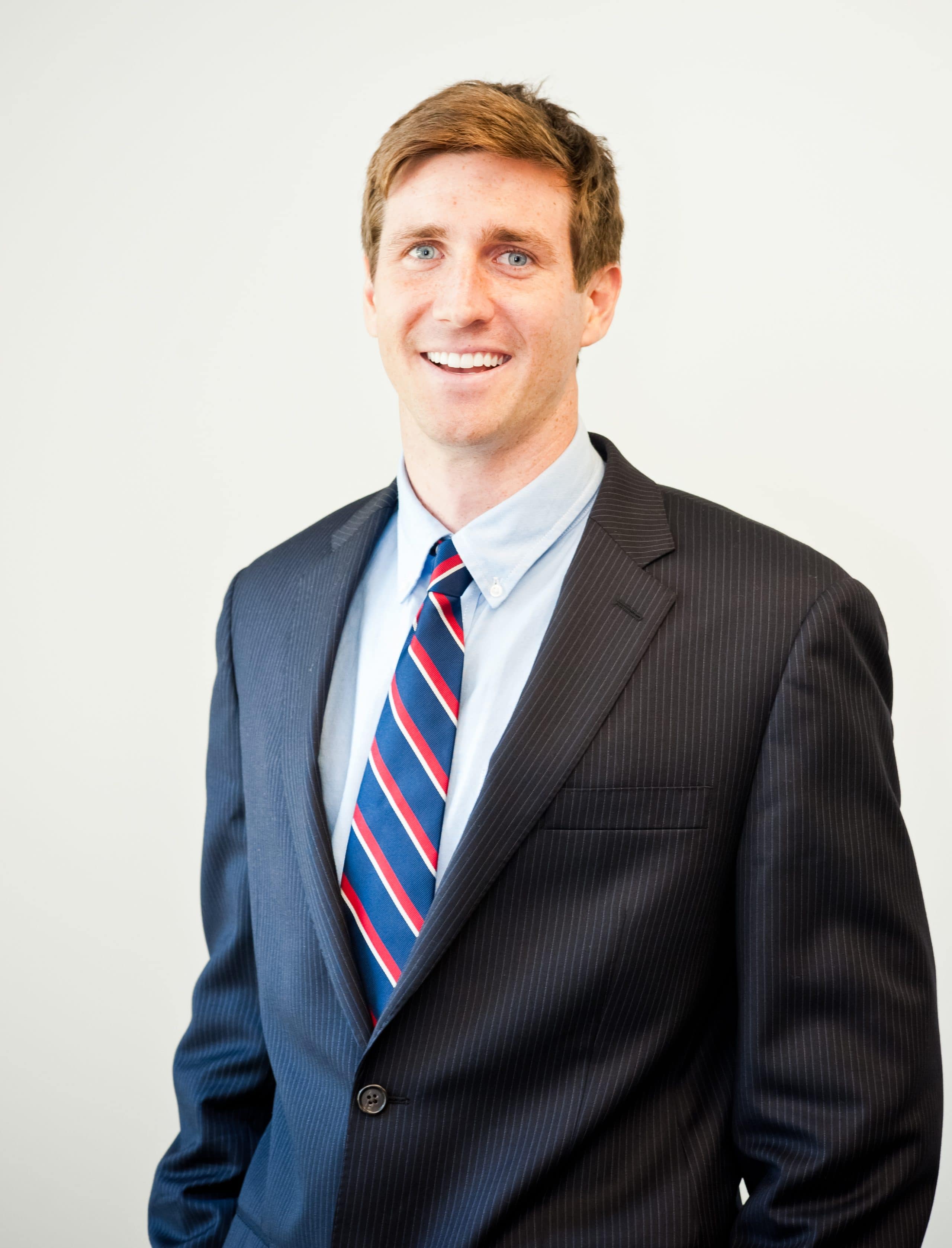 Over 300 million Americans visit theme parks each year, according to the International Association of Amusement Parks and Attractions. While most of these visits result in safe fun, many park visitors are injured every year. When park visitors are injured as a result of negligence on the part of theme park owners or employees or faulty products and equipment, theme park accident attorneys can help victims to recover compensation.
Over 300 million Americans visit theme parks each year, according to the International Association of Amusement Parks and Attractions. While most of these visits result in safe fun, many park visitors are injured every year. When park visitors are injured as a result of negligence on the part of theme park owners or employees or faulty products and equipment, theme park accident attorneys can help victims to recover compensation.
Theme Park Dangers
Theme parks strive to provide entertainment to a large variety of guests. The theme park industry is competitive, so many theme parks try to appeal to guests by providing rides that are faster, taller, and move guests in more thrilling and dangerous ways. Unfortunately, when these rides have design flaws or fail to be properly maintained, more grievous injuries can occur.
Lack of Regulation
The theme park industry suffers from a lack of federal regulation for fixed-site theme parks. Most states require theme parks to have insurance and may specify requirements for inspections. States may also put standards in place regarding ride and grounds safety and upkeep. However, some states do not have any regulations in place for fixed-site theme parks. The lack of regulations also makes it difficult to gather accurate theme park accident statistics, as accident reporting is not typically required. Mobile-site theme parks such as carnivals are regulated by the Consumer Product Safety Commission and must report all injuries.
Grounds Dangers
In addition to the hazards posed by dangerous rides, the theme park grounds may present dangers to park visitors if not properly set up and maintained. This is especially true of mobile-site theme parks which must move all equipment and set up on new locations frequently. Failure to anticipate complications such as a hazardous parking situation or problematic park entrance path may present hazards to guests.
Theme Park Negligence in Orlando
Theme parks are responsible for the actions of staff members. It is the responsibility of the park operators to put systems in place to ensure that all park employees are properly trained and supervised. If park staff fails to take measures to protect park visitors or takes part in actions which put park visitors in danger, it is considered theme park negligence.
Examples of theme park negligence that may cause injury include, but are not limited to:
- Slippery areas in the vicinity of water rides
- Inadequately trained ride operators
- Ride operators that are intoxicated or under the influence of drugs
- Lack of posted signs warning visitors with health conditions of ride dangers
- Failure to provide appropriate ride instructions
Theme Park Accident Liability Orlando
Theme park accident attorneys can help victims to determine whether the ride accident was the fault of the theme park, the ride manufacturer, or another party. If it is determined that the theme park is liable for injuries, experienced theme park accident attorneys will also help victims to collect evidence. If the injuries were caused by a malfunctioning ride or other product, theme park accident attorneys may be able to assist in seeking a knowledgeable expert to testify in regards to product liability claims. If injuries were caused by a third party, such as a vendor or another park visitor, theme park accident attorneys will be able to help victims determine the proper procedures based on the details of the incident.
Theme Park Defenses
Theme parks often use the defense that the park visitor “assumed the risk” of injury by entering the park. Whether this defense is effective depends on the state in which the incident occurs. Theme parks may also hold that the park tickets contained a disclaimer for injuries sustained during the park visit, but this defense is rarely accepted.
Park Visitor Rule Deviation
If the park visitor disregarded park rules when the injury occurred, it may be difficult to collect compensation for the injuries. However, if a park employee should have caught the discrepancy prior to the injury, the theme park may still be liable. This is often the case when riders that are too small for a ride become injured after being admitted to the ride by a park employee.
Sources:
“Fixed Site Amusement Ride Injury Survey.” National Safety Counsel. National Safety Counsel, 1 Aug. 2013. Web. 3 Oct. 2014. <http://www.nsc.org/news_resources/injury_and_death_statistics/Documents/Injury-Facts-Report.pdf>
“Girl, 8, Killed in Fall from Airmaxx 360.” RideAccidents.com. RideAccidents.com, 12 Sept. 2014. Web. 6 Oct. 2014. <http://www.rideaccidents.com/>
“The Serious Business of Fun.” International Association of Amusement Parks and Attractions. International Association of Amusement Parks and Attractions, 1 Jan. 2012. Web. 3 Oct. 2014. <http://www.iaapa.org/safety-and-advocacy/safety/amusement-ride-safety>
